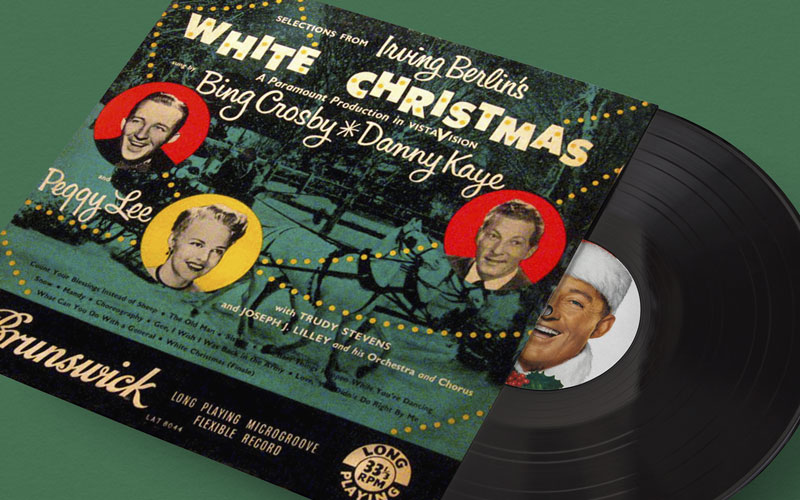Diminished Value: You may be entitled to the lost value of your vehicle in Washington
Washington law allows insurers to pay for third party diminution of value
Would you pay the full amount for a used car or truck that had been in an accident? Probably not.
Certain types of auto accidents can cause damage far beyond what the eye can see. The best repair job in the world, with all new parts, may not compensate for the loss you suffered at the moment of impact — the loss in your vehicle’s value.
Because, with repair information readily at hand thanks to such online sites as Carfax™, you can bet that anyone who buys the vehicle from you is going to offer less than if the accident had not occurred. In addition, if the buyer asks if the vehicle has ever been in an accident, you cannot misrepresent the facts. Do you think the accident will become a bargaining tool for a perspective buyer?
Get a written quote to document the Diminished Vale of your car
That’s why, after an accident in which you’re not at fault (you are the third party making the claim against the at fault carrier that covers the at fault driver), one of the first things you should do is get an estimate from a good auto dealer.
Have the dealer write down for you the amount he or she would have paid for the vehicle before the accident, and the amount it is worth to him or her now. How much would they be willing to give you for the vehicle if the vehicle was not in a collision, and how much would they be willing to give you after the collision (despite the fact the vehicle is properly repaired).
Alternatively, Washington state offers a “diminished value” calculator allowing you to enter information about your car which generates an estimate of the reduction in value the accident may have caused.
Then, when you file your claim with the at-fault party’s insurance company — not against your own, at least not in Washington. Ask for the difference to cover the “diminished value” of your vehicle.
Know your rights
According to the Washington State Office of the Insurance Commissioner, you are entitled to this amount if you live in Washington state. The insurance company may not agree, however. The adjuster may try to tell you that Washington doesn’t recognize “diminished value” — it certainly does for third party claims — or that you aren’t eligible for compensation because you are not selling the car. They will act confused and make you believe this is the first time they heard of such thing. They will represent that Washington state does not recognize this type of claim. They get away with this representation because it is partially true. There is no first party diminished value claims, but there is third party claims.
The difference? a first party claim is a claim against your own carrier. A third party claim is a claim against the insurance company of the driver who caused the accident.
If you have an attorney involved and the amount you stand to gain is not substantial to support litigation and attorney’s fees, so most consumers have to argue these claims on their own. And you ought to do so. After all, you’re entitled to the money — it’s only fair that you should claim it.
Insist, also, that the insurer take the diminished value into account when determining whether your wrecked vehicle is a total loss. Because most companies require that the amount of damage to be at least 80 percent of the vehicle’s value before declaring it a “total loss,” the insurer may neglect to adjust for the loss in value the accident cause.
Diminished Value Washington provides an example: If your car is worth $20,000 and it incurs $12,000 in damage, the insurer is going to have it repaired. However, if you can show that its value is now diminished to $15,000 because of the accident, then the $12,000 in damages will exceed that 80 percent mark and the insurer will “total” the vehicle — and send you a check for $20,000.
One argument you might hear from the insurer is that the vehicle would have depreciated in value, anyway. This is true, but not a sound argument. Nothing depreciates a vehicle faster, or more, than an accident. Why should you suffer more than you already have?
More than just a car
I see clients all the time who’ve had this experience. So often, I wish they’d come to me sooner — before accepting that ridiculously low offer from the insurance company, for instance. A lot of people don’t know about “diminished value,” however, or if they do and bring it up, they’re told it’s not valid. Remember: that insurance adjuster may be friendly, but he or she is not your friend. The adjuster’s job is to pay what is fair; the problem is that the adjuster is the one to decide what “fair” is. Often, it is as little as possible — period.
Contrary to what you might hear, “diminished value” is not a manipulation tool used by money-hungry attorneys or clients. It’s a right granted by Washington state to third party claimants in the interest of fairness.
If you’re in an accident, call the Quiroga Law Office, PLLC at 509-927-3840 as soon as possible so we can help you claim your due. Your vehicle’s value may be diminished, but, with our help, yours could increase.


